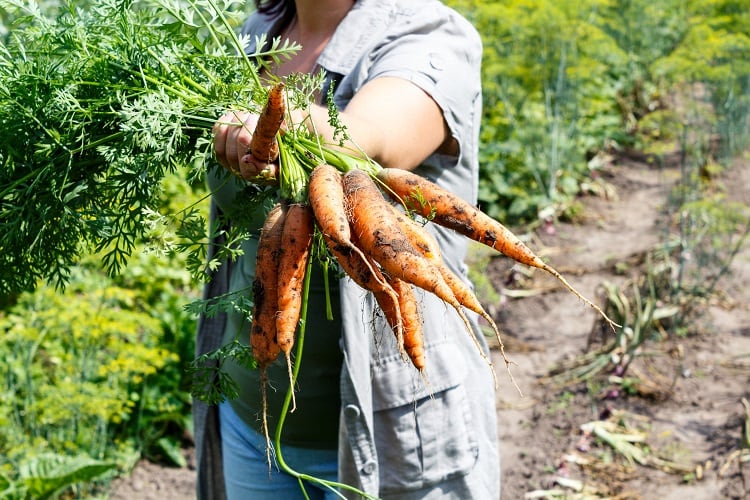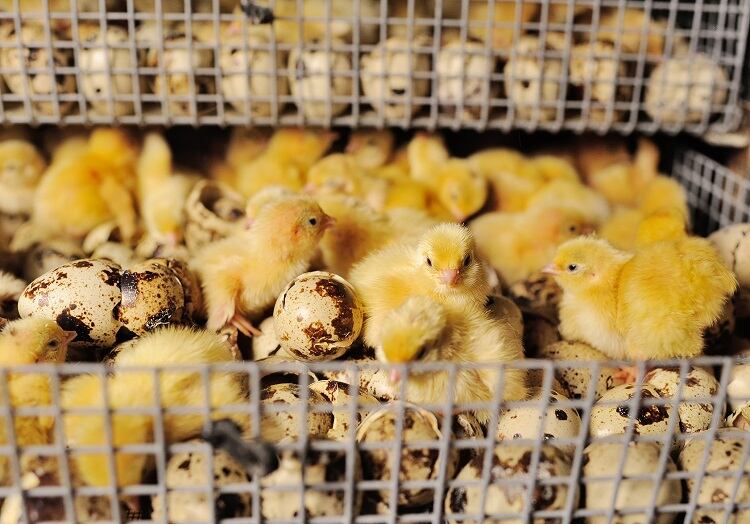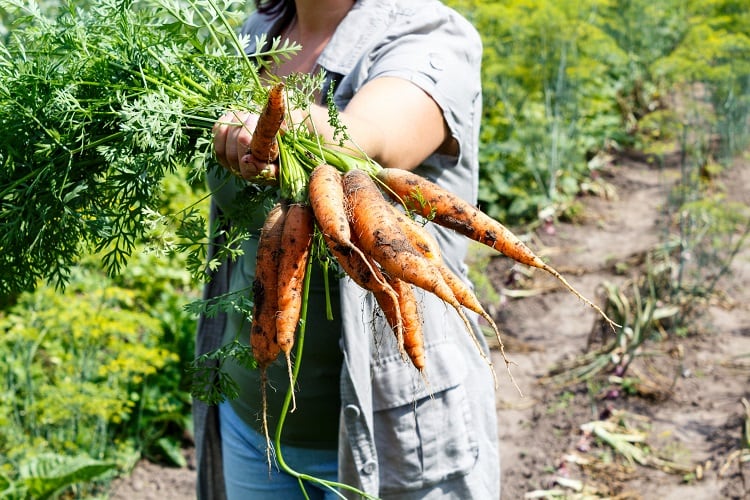Today, 94 members from ENVI and AGRI Committees voted in favour of the European Commission’s Farm to Fork Strategy report, first presented in May last year. A total of 20 MEPs voted against and 10 abstained.
From here, the report will be put in front of the full Parliament to be debated and voted on in the coming weeks. The Commission expects this will take place during one of the upcoming plenary sessions next month.
Shifting to healthier and more sustainable diets
When the report was first published, it listed 27 measures designed to facilitate greener food production, healthier and more sustainable diets, and less food waste.
By welcoming the strategy, the ENVI and AGRI MEPs support a move towards fair, animal friendly, healthy, high quality and affordable diets for European consumers, noted the Commission.
“There is a need for enhanced sustainability in all stages of the food chain and everyone from farmer to consumer has a role to play, they say. A shift in consumption towards more healthy diets is also needed.
“Overconsumption of meat and highly processed foods with high salt, sugar and fat content must be addressed.”
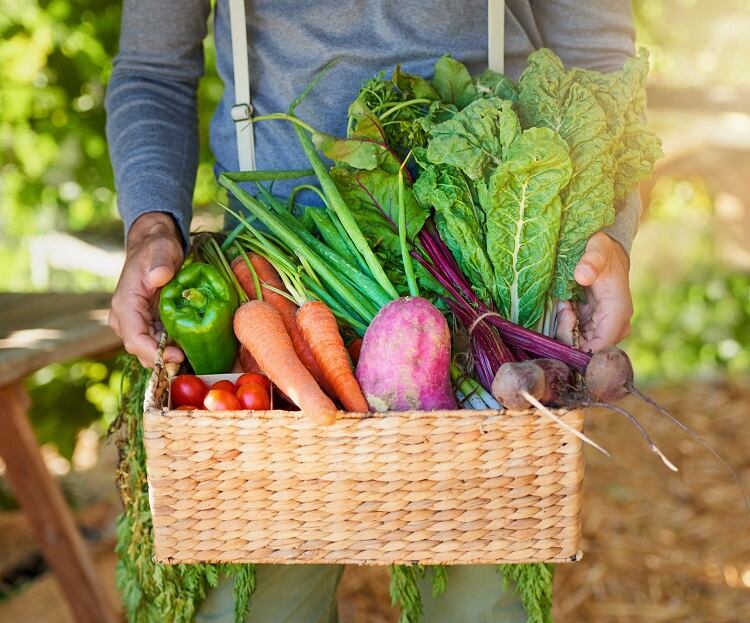
Specifically, MEPs have supported improved labelling for nutrition, origin, and sustainability. Indeed, the Commission is expected to introduce a harmonised, mandatory front-of-pack labelling scheme by the end of next year.
For the European Consumer Organisation (BEUC), today’s result aligns with consumer demand for greater transparency on-pack.
“Two thirds of EU consumers have told us they are willing to eat more sustainably but face hurdles,” noted Camille Perrin, BEUC Senior Food Policy Officer. “Thus, we are glad MEPs recognised the need to make it easy for consumers to turn words into deeds.”
Concerning the MEPs backing of the report more generally, Perrin said BEUC commends their decision. “EU lawmakers rightly stressed the need to bring the food system within planetary boundaries – and to do so quickly.
“We could not agree more with MEPs that EU policies affecting food and farming, such as trade, must be fully aligned with the Green Deal and Farm to Fork objectives.”
Spotlight on animal welfare
Amongst the report’s strategies for a more sustainable food system is a call for animal welfare standards to be reviewed.
By voting for the report, MEPs have shown their support for common, science-based animal welfare indicators to ensure a stronger harmonisation in the EU.
The report also calls on the Commission to put forward legislation phasing out the use of cages for farmed animals, and emphasises the necessity for higher standards for fish, in particular by supporting better “methods of capture, landing, transport and slaughter of fish and marine invertebrates”.
Animal welfare charity Compassion in World Farming (CIWF) EU has welcomed the ENVI and AGRI Committees’ support for a transition to more plant-rich diets, as well as improved animal welfare.
“There is, of course, room for improvement in the MEPs’ demands, as higher ambition is needed,” noted CIWF EU chief Olga Kikou. “Nonetheless, MEPs and the European Commission are already looking for solutions in the right direction.
“We will be vigilant in ensuring that the follow-up actions are bold and timely. The seeds for a better future are already here – now it’s a matter of ensuring they come to fruition.”
MEPs back organic and pesticide targets
Again, in the agricultural sector, the Farm to Fork Strategy report sets targets in organic farming – notably an ambition to increase the size of EU’s agricultural land dedicated to organic farming to at least 25%.
Binding reduction targets for pesticide use are also included. By 2030, the strategy calls for a 50% cut in the use and risk of pesticides and a 20% cut in the use of fertilizers.
Further, the report stipulates that farmers must earn a fair share of the profit of sustainably produced food.
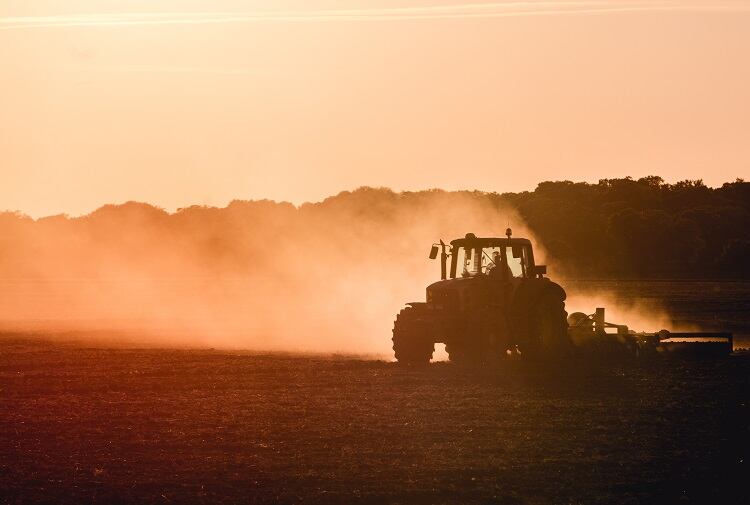
“Farmers can play a significant role in the fight against climate change but responsibility for a more sustainable agricultural [system] must be a joint effort where also consumers have a key role to play,” said Herbert Dorfmann, rapporteur for the Committee on Agriculture and Rural Development, after the vote.
“Farmers in Europe are already doing a great job so when we rightly ask them to reduce their use of pesticides, fertilisers and antibiotics, we need to support them to ensure economic viability so production is not just moved outside the EU. Ensuring availability of food at reasonable prices must continue to be a priority.”
Anja Hazekamp, rapporteur for the Committee on Environment, Public Health and Food Safety, too, voiced her support for the report earlier today.
“This report proposes concrete measures to bring our food system back within planetary boundaries, ensuring the wellbeing of people, animals, and the environment.
“This should be done by stimulating local food production and by moving away from unsustainable farming models, such as intensive livestock farming and crop monocultures with high pesticide use.”
Copa-Cogeca: Report proposals ‘cross the red lines’
Not all are content with today’s vote, however. EU farming body Copa and Cogeca says it cannot support the report voted on by ENVI and AGRI Committees due to recent amendments that have not been subjected to proper impact assessments.
“These new proposals on the future of plant protection products [PPPs], or on a tax on certain food products, as well as the rest of the strategy have not been subject to preliminary assessments.”
According to Copa and Copega, the final text contains some ‘interesting’ proposals and advances, particularly in relation to innovation, carbon farming or trade. “However, a limited but very impactful number of proposals, approved today by the vote of the AGRI and ENVI Committees, cross the red lines and quite simply call into question our food sovereignty, the future of our agriculture and our rural areas.”
The farming body continued: “As it stands and with the lack of an impact assessment on certain proposals, Copa and Cogeca cannot support the report as amended by today’s vote.”
Rather, Copa and Cogeca is calling on the EU to support farmers with a ‘pragmatic political framework’ based on ‘realistic objectives’ that are consistent with its trade policy, safeguard a level playing field with imports and provide the necessary financial support and assistance for a sustainable transition.
“Environmental sustainability cannot be disconnected from social and economic sustainability, and this synergy goes further with incremental and pragmatic targets.”


